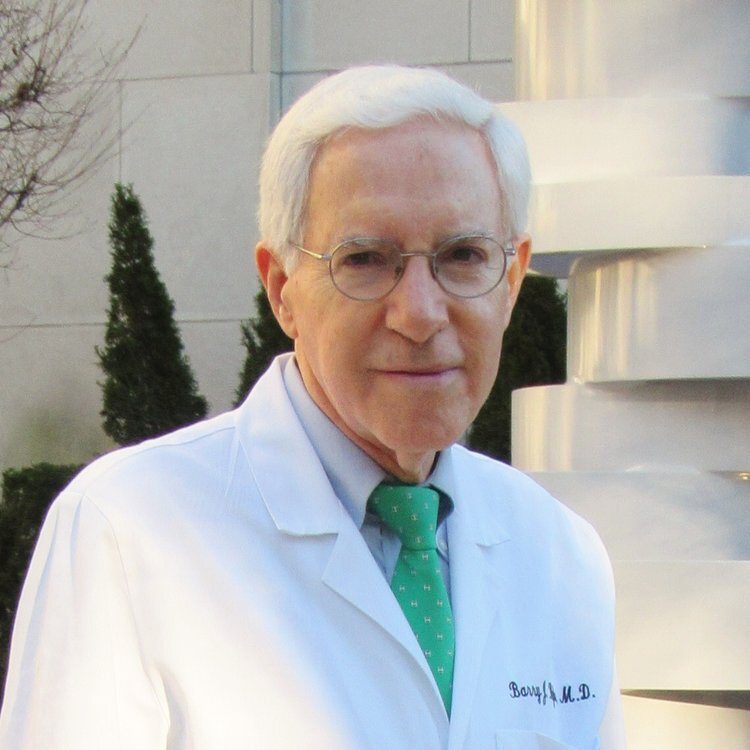Endocrinologist in Cedar Park: Comprehensive Hormonal Wellness Solutions
Wiki Article
The Science Behind Hormone Policy: Insights From an Endocrinologist
The Science Behind Hormone Law: Insights From an Endocrinologist offers an extensive exploration of the complex procedures involved in hormonal agent policy. Whether you are a clinical professional looking for a much deeper understanding of endocrine function or a specific interested in finding out about the scientific research behind hormonal agent law, this publication is an important source.Hormones and Their Features
Hormones play essential functions in the guideline and control of different physical procedures within the body. These chemical carriers are created by endocrine glands and are launched into the bloodstream, where they take a trip to target cells or body organs to exert their results. The functions of hormonal agents vary and incorporate almost every facet of human physiology.Among the main functions of hormones is to maintain homeostasis, which is the secure interior atmosphere needed for the body to work optimally. Insulin, a hormonal agent produced by the pancreas, controls blood sugar levels by promoting the uptake and storage space of glucose in cells. One more hormone, cortisol, helps the body respond to stress by increasing blood sugar level degrees and suppressing the immune system.
Hormones likewise play critical roles in development and advancement. Growth hormonal agent, generated by the pituitary gland, promotes the development of bones and cells, while thyroid hormonal agents regulate metabolic rate and influence the advancement of the nervous system - Endocrinologist in cedar park. Additionally, reproductive hormones, such as estrogen and testosterone, are accountable for the development and upkeep of secondary sex-related attributes and the regulation of the menstruation cycle
The Endocrine System: A Summary
Playing an important duty in the regulation and control of physiological procedures, the endocrine system is a complicated network of glands that produce and release hormones into the bloodstream. These glands, including the hypothalamus, pituitary gland, thyroid gland, adrenal glands, pancreas, ovaries, and testes, secrete hormonal agents that act as chemical messengers, influencing various physical features. The endocrine system functions in conjunction with the nerves to keep and manage homeostasis, guaranteeing that the body's inner setting remains secure.The hypothalamus, located in the brain, is taken into consideration the master regulatory authority of the endocrine system. It creates hormones that prevent the release or promote of hormonal agents from the pituitary gland, which subsequently manages the activity of various other endocrine glands. The thyroid gland, located in the neck, generates hormones that control metabolic rate and energy balance. The adrenal glands, positioned atop the kidneys, create hormones that aid the body respond to stress and anxiety and manage blood stress.

Guideline of Hormone Manufacturing
The policy of hormone manufacturing entails a complicated interaction between numerous glands and feedback systems within the endocrine system. Hormones are chemical carriers that play a vital duty in preserving homeostasis and collaborating different physical processes in the body. The production of hormonal agents is firmly controlled to guarantee the proper performance of the endocrine system.The hypothalamus, situated in the brain, functions as an essential regulator of hormonal agent manufacturing. It releases hormones that prevent the manufacturing or promote of hormonal agents by the pituitary gland, which is commonly referred to as the "master gland" of the endocrine system. The pituitary gland, in turn, generates hormonal agents that act upon numerous target glands throughout the body, stimulating them to generate and release details hormones.
Responses devices likewise play an essential function in hormonal agent regulation. When hormonal agent degrees climb above or fall below the optimal range, the body activates mechanisms to either decline or boost hormone production, specifically, to bring back balance.
Responses Loops in Hormone Law
Feedback loopholes play an important function in the regulation of hormone manufacturing. These loops include a series More Bonuses of communications between the endocrine glands, hormones, and target organs to keep homeostasis in the body. There are 2 sorts of feedback loops: adverse feedback and positive feedback.Unfavorable responses is the most typical kind of responses loop in hormonal agent guideline. It functions by picking up the degrees of a hormonal agent in the blood and adjusting hormonal agent manufacturing appropriately. When hormonal agent degrees climb above a certain threshold, the hypothalamus in the mind signals the pituitary gland to decrease hormonal agent manufacturing. This, consequently, minimizes the excitement of the target organ, bring about a decline in hormonal agent secretion. Conversely, when hormonal agent degrees drop listed below the limit, the hypothalamus boosts the pituitary gland to boost hormone production, restoring balance.
Positive responses loops, on the other hand, amplify hormone production. This takes place when a hormone promotes the launch of even more of the same hormone, resulting in a rapid boost in its degrees. Favorable responses loops are less common in hormonal agent law and are generally involved in details physiological procedures, such as giving birth and lactation.
Variables Influencing Hormone Balance
Factors affecting hormonal agent equilibrium consist of nutritional choices, way of living routines, and ecological direct exposures. These aspects can have a significant effect on the delicate equilibrium of hormones in the body, affecting various physiological procedures and total health and wellness.Dietary selections play a critical function in hormonal agent guideline. visit site Eating a well balanced diet plan that consists of a variety of nutrients is vital for maintaining hormonal agent equilibrium. Particular nutrients, such as omega-3 fatty acids, vitamins, and minerals, are particularly essential for optimal hormonal agent feature. On the other hand, a diet regimen high in processed foods, fine-tuned sugars, and unhealthy fats can interrupt hormone levels and result in inequalities.
Way of life routines, such as exercise, rest patterns, and tension monitoring, also influence hormonal agent equilibrium. Normal physical task helps regulate hormone degrees, promotes overall wellness, and decreases the danger of hormonal conditions. Sufficient rest is critical for hormonal agent production and regulation, as interrupted rest patterns can cause inequalities. Additionally, chronic tension can dysregulate the hypothalamic-pituitary-adrenal (HPA) axis, a principal in hormone policy, causing a waterfall of hormone discrepancies.

Conclusion
In verdict, comprehending the science behind hormone regulation is important for preserving general wellness and well-being. Hormonal agents play vital functions in various physical functions, and their manufacturing is controlled by complicated feedback loops.The Scientific Research Behind Hormone Guideline: Insights From an Endocrinologist provides a comprehensive exploration of the elaborate processes involved in hormonal agent regulation. It creates hormonal agents that promote or prevent the release of hormones from the pituitary gland, which in turn regulates the activity virtual clinic of various other endocrine glands. It launches hormones that boost or prevent the production of hormonal agents by the pituitary gland, which is usually referred to as the "master gland" of the endocrine system. The pituitary gland, in turn, generates hormonal agents that act on different target glands throughout the body, stimulating them to produce and launch specific hormones.
When hormone levels climb over a certain limit, the hypothalamus in the brain signifies the pituitary gland to decrease hormone production. (Best endocrinologist in austin)
Report this wiki page